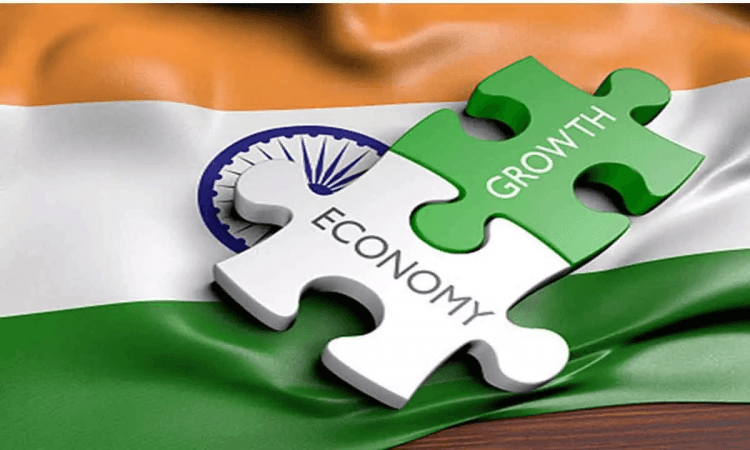
As India embarks on its journey to become a global technology powerhouse under various schemes launched by the government in the last 10 years, the National Technology Day is the occasion for the country to reflect on achievements and also look at the challenges ahead in the artificial intelligence (AI)-driven era, industry leaders said.
It was former Prime Minister Atal Bihari Vajpayee who announced May 11 as National Technology Day, to commemorate the Pokhran nuclear tests conducted by the Indian Army in Rajasthan in 1998. Since then, the country has seen tremendous growth across parameters — be it a thrust on local manufacturing, new semiconductor plants, AI, 5G, startups, innovation and production-linked incentive (PLI) schemes for various sectors, while skilling the workforce and creating lakhs of new jobs.
“As we celebrate this day, it’s crucial to acknowledge the role of education, mentorship, and entrepreneurship in nurturing a generation capable of innovation and leadership,” said Kunal Purohit, Chief Digital Services Officer, Tech Mahindra.
A. Gururaj, Managing Director, Optiemus Electronics, commented that India is progressing forward towards creating local product development strengths in multiple segments through startups and other entities in the electronics segment.
Electronics ecosystem
“We will continue to work towards developing the electronics ecosystem in India in line with the government’s vision towards creating an ‘Atmanirbhar Bharat,'” he added. In the last decade, under the ‘Make in India’ programme, nearly 12 lakh new jobs have been created in electronics manufacturing alone, which has crossed $100 billion, he noted.
“We believe that the next decade will be marked by unparalleled technological progress in AI, cloud and connectivity, presenting new opportunities for India to strengthen its foothold in the global technology landscape,” said Tarun Chhabra, Country Manager, Nokia India, referring to three semiconductor plans worth Rs 1.25 lakh crore kickstarted recently.
The day is not far when Indians will travel in a bullet train. The first bullet train is set to run in one section (Mumbai and Ahmedabad) in 2026, said Anil Sethi, Vice President, Infrastructure Solutions Group, Dell Technologies India.

With a pool of 5 million digitally-skilled workforce, national science and technology missions, and a robust startup ecosystem that values emerging technologies like AI, cybersecurity, 5G/edge, and quantum computing, among others, “we are truly witnessing India’s next phase of growth in technology,” said Seth.
“New-age disruptive technology such as generative AI, will be the key factor that will drive new possibilities in digital transformation enabling businesses to make the right decision while building customer trust,” he said. Technology has revolutionised the business landscape in India, redefining job roles and transforming industries.
“To remain competitive and thrive in this dynamic landscape, industries must embrace innovation and equip their workforce with the necessary skills to adapt to emerging technologies, drive operational efficiencies, and unlock new growth opportunities,” said Ashish Modi, President, Honeywell India.
According to Anku Jain, Managing Director, MediaTek India, the IT industry in the country has emerged as a thriving force, driving the country’s GDP, employment opportunities and overall growth of the economy.
“Organisations must focus on upskilling and reskilling the workforce to enable them to develop competencies and tap into significant development opportunities across different sectors,” he noted.






















